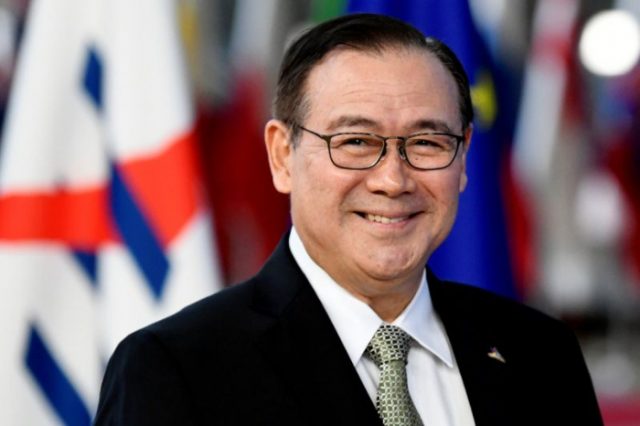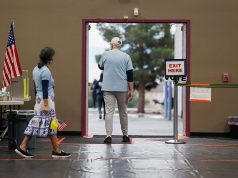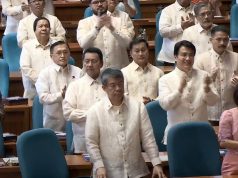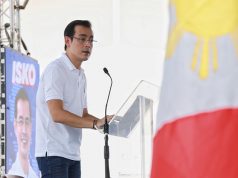Top diplomat Teodoro “Teddy” Locsin Jr. perceived the results of the midterm elections as a “referendum” for the administration’s lethal war on drugs, even as the polls were of the public’s perception of policies.
Locsin tweeted this on May 15 after results from the unofficial tally showed that nearly all the senatorial candidates in so-called Magic 12 are allied with the administration.
“The senatorial elections were not a referendum in favor of Charter Change either, the death penalty, and jailing minors. The elections were a referendum on Duterte and his war on drugs,” the foreign affairs secretary said.
He emphasized: “He and the war just won.”
The Senatorial elections were not a referendum in favor of Charter Change either, the death penalty, and jailing minors. The elections were a referendum on Duterte and his war on drugs. He & the war just won. So shut the fuck up on that subject everybody. The war goes on.
— Teddy Locsin Jr. (@teddyboylocsin) May 14, 2019
According to latest surveys on drug war, majority of Filipinos are also satisfied with the drug war despite criticisms by human rights organizations, academe and observers.
A Social Weather Stations (SWS) survey in 2018 about it showed 78% adult Filipinos said they were satisfied with the campaign.
However, a wider majority of 96% are not in favor of the war’s method of killing, leading to the deaths of thousands of urban poor.
“It’s not like they’re turning a blind eye (to the killing) but they’re really worried about the drug problem,” Steven Rood, a fellow-in-residence at pollster SWS, said in a previous interview.
In another related survey, 95% of Filipinos considered it important to capture drug suspects alive and 66% of them said the number of illegal drug users have decreased in their area.
However, these are only results from opinion polls.
What Locsin missed is that the electorate’s preference over candidates is mainly due to their prominence rather than the policies or campaigns they support such as illegal drug trade.

President Rodrigo Duterte endorsed eight of the 12 personalities who made it to the top 12 or winner’s circle in the latest partial and unofficial tally.
These are Francis Tolentino, Bato dela Rosa, Bong Go, Kiko Pimentel, Cynthia Villar, Sonny Angara, Pia Cayetano and Imee Marcos.
The only opposition is reelectionist Bam Aquino who clinched the 12th spot.
Popularity contest
Pulse Asia President Ronald Holmes explained that name recall or awareness about a public figure is an important factor in shaping voters’ choice.
“It’s the power of television. It’s the power of media. And television is, of course, easily accessible. There’s universal access to television. You do not have necessarily to get in the news, you can be simply one of those who play a role in an entertainment show,” Holmes said in an interview on the ABS-CBN News Channel.
He cited former Sen. Lito Lapid whose return to acting at ABS-CBN’s “Ang Probinsyano” boosted prominence to the public thus more chance to win.
Lapid also sits at the 7th place in the partial tally without spending as much as other leading senatorial candidates.
VIEW: Results of the Senate race on Philstar.com
In an his article titled “Candidates and Voting Choice,” Australian National University political science professor Ian McAllister wrote that the popularity of a person’s political party or organization also affects the voters’ view of the aspirant.
“Popular feelings about parties are strongly associated with the direction and strength of partisan attachments,” McAllister observed.
McAllister said that partisanship can change voter views in two ways:
“First, partisanship can shape how voters view candidates and the candidate traits and qualities they regard as important. Second, as partisanship declines, it can provide candidates with more independence, freed from the necessity of following party rules and policies.”
The popularity of a candidate, however, is only superficial. The public should learn to look for the public figure’s educational background and experience in governance.










